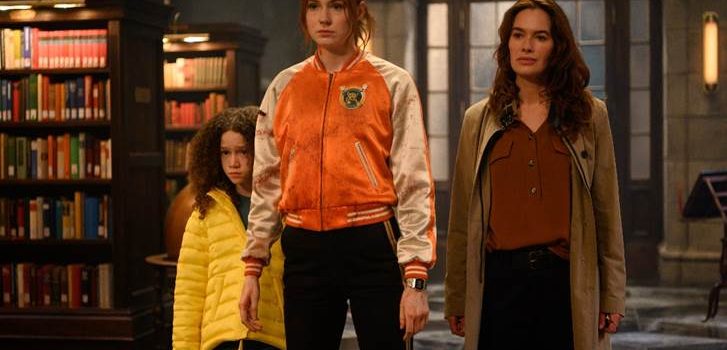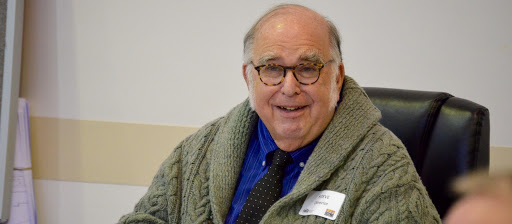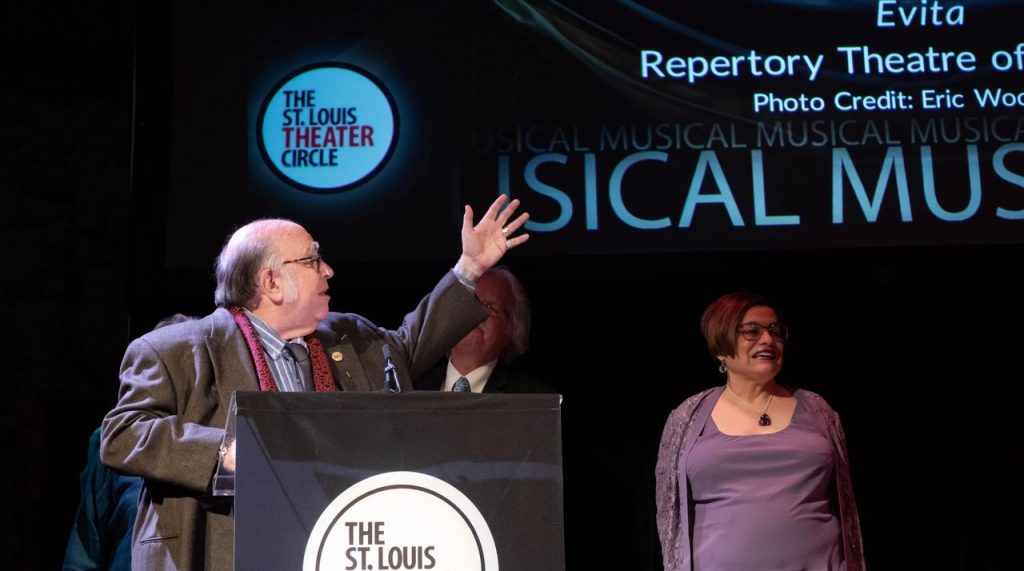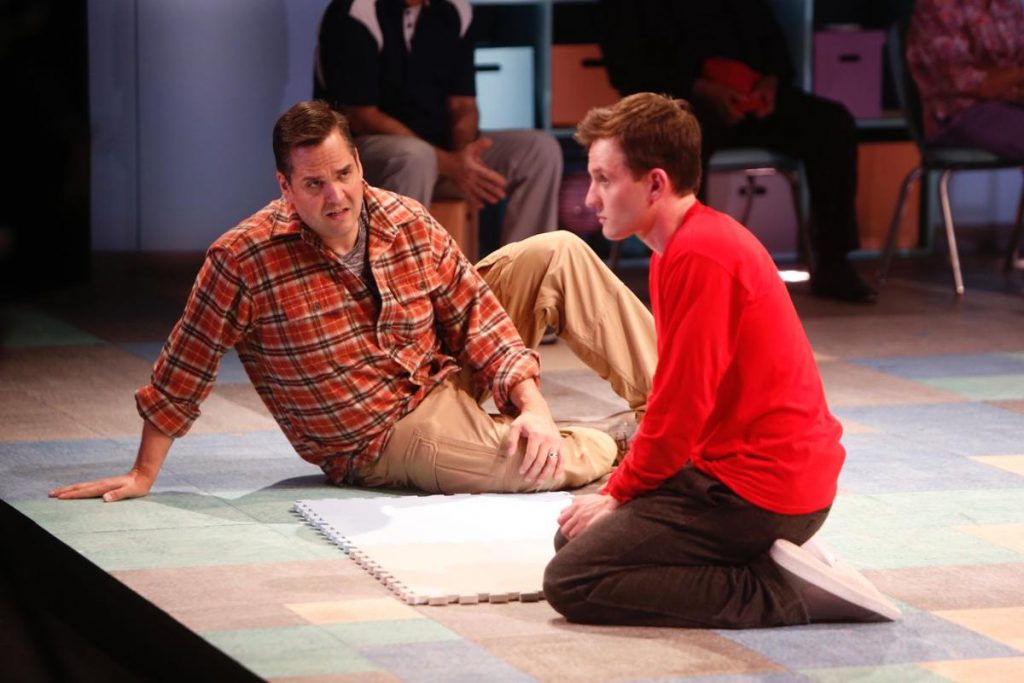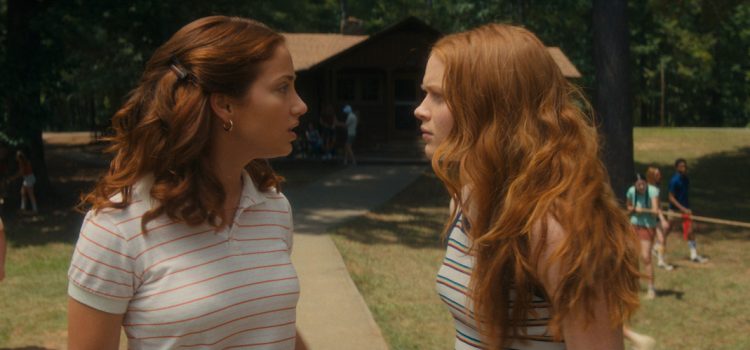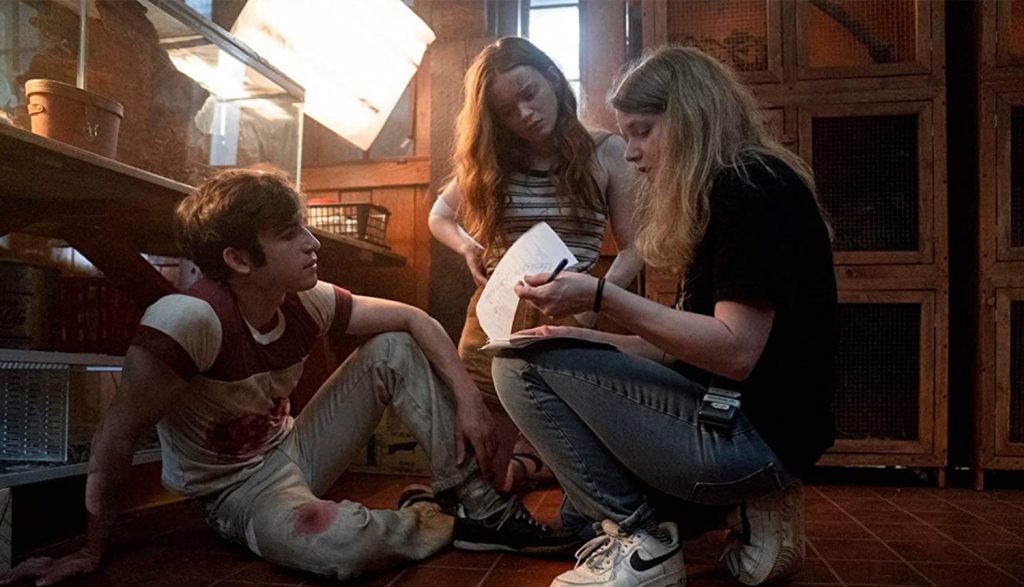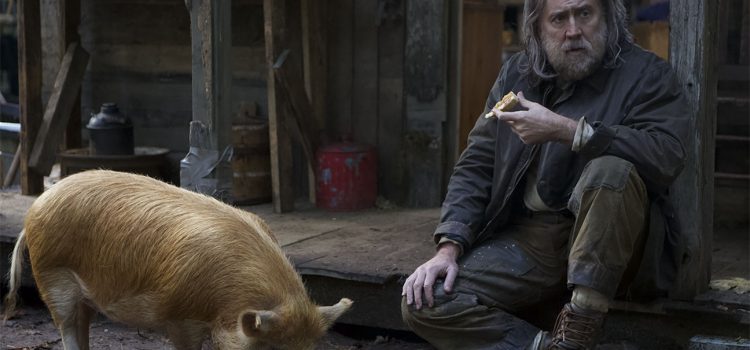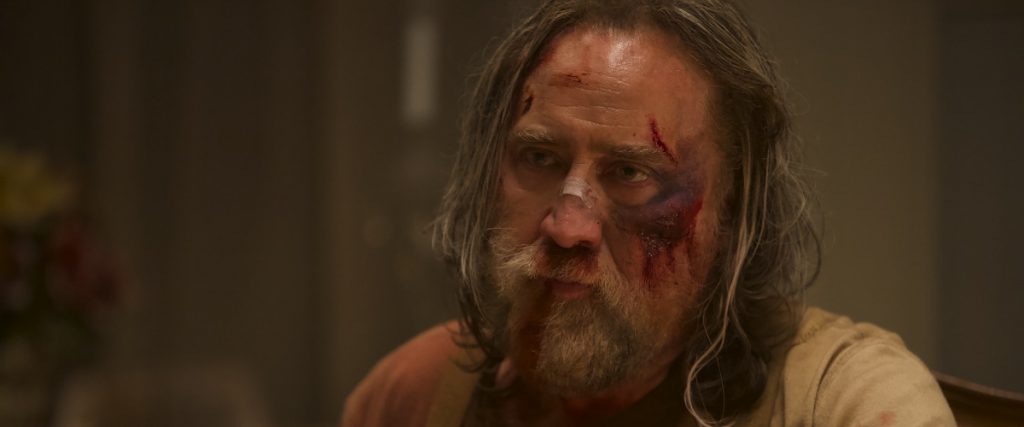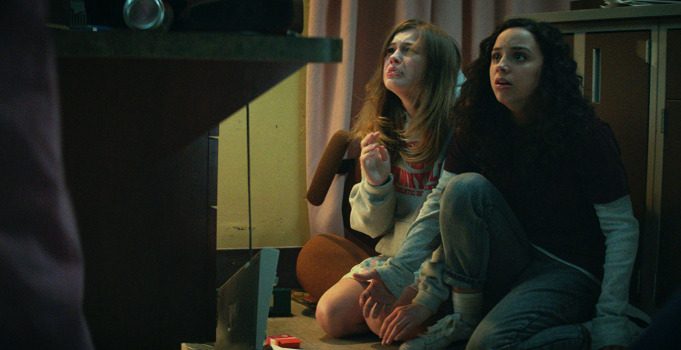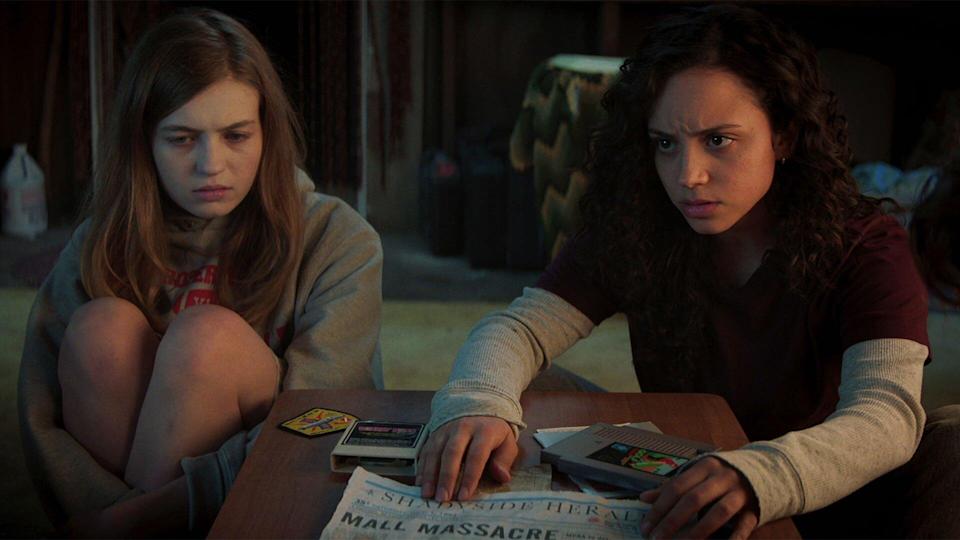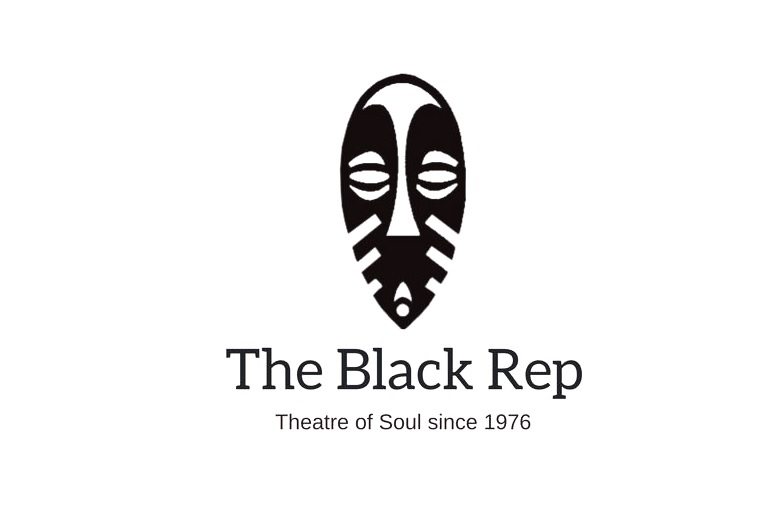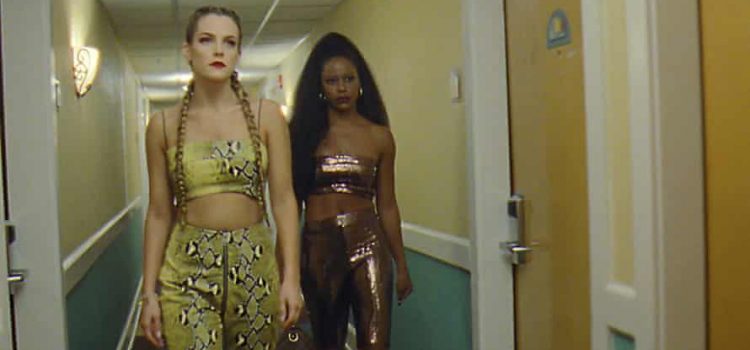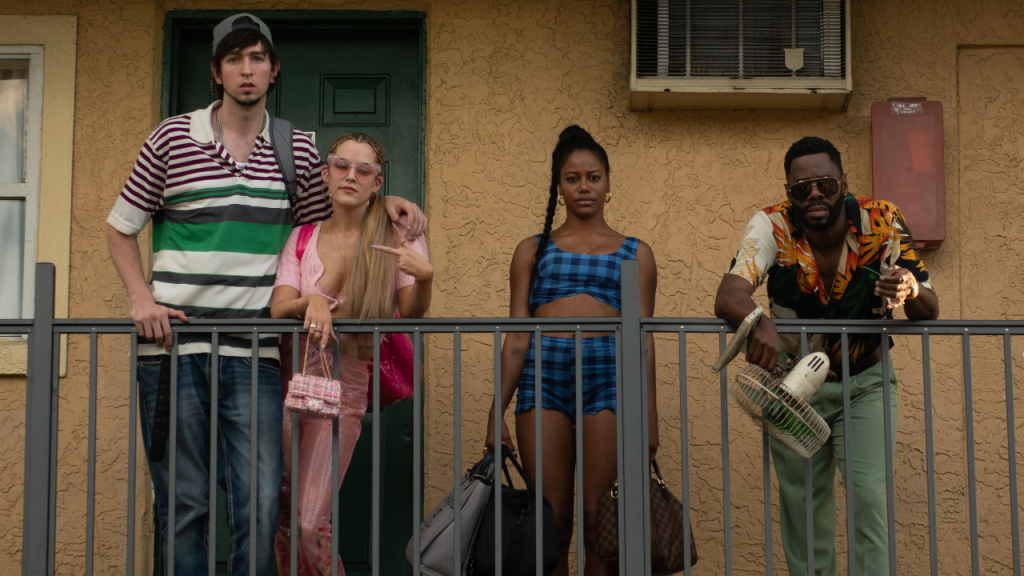By Lynn Venhaus
The pleasure of seeing actresses have a blast going gangster is one of the joys of the interestingly titled “Gunpowder Milkshake.”
However, that big plus can’t overcome the minuses. With a graphic novel-comic book-video game feel, the look is cool — but the characters are as thin as the by-the-numbers story.
As a professional assassin, Scarlet (Lena Headey), was forced to abandon her daughter Sam and go on the run. Cut to years later, and a grown-up Sam (Karen Gillan) is a cold-blooded hitwoman. Like mother, like daughter.
After a high-stake mission gone-wrong has unleashed a gang war, Sam has gone rogue, with an innocent 8-year-old Emily (Chloe Coleman) in tow. Sam reconnects with her mother and her former sidekicks, also lethal hitwomen with specific skill sets. An avenging war ensues.
This over-the-top action movie is heavy on fantasy. Seriously, how many females, dealing with numerous infirmities and adversity, can be relentless one-woman wrecking crews, even if they are professional assassins?
There is an excessive body count, featuring a plethora of bad guys’ heads rolling, squished, shot, stabbed and maimed in multiple bloodbaths. Some are in slow-motion, other fights are martial arts focused, and editor Nicolas De Toth makes sure blood spurts often.
Israeli director Navot Papushado, who also co-wrote the script with Ehud Lavski, must idolize kitschy maestro Quentin Tarantino, for he tries to emulate his blood-drenched films, in particular “Kill Bill, Vol. 1 and 2,” through a stylized – and farcical – approach.
Cinematographer Michael Seresin alternates between grit and an unreal quality to film the scenes, and David Scheunemann, the production designer, follows suit. The color palette is striking, using neon colors and artificial set pieces that resemble music videos, such as a diner, bowling alley, abandoned mall and an old-school library/museum.
But those diner milkshakes look fake, which is annoying.
Music is an incessant component in the movie, with Janis Joplin’s “Piece of My Heart” effective to punctuate a brutal shoot-out. Composer Haim Frank Ilfman has propulsive music to escalate the combat and a keen ear for a hipster soundtrack.
Lithe Karen Gillan, who made a name for herself as Amy Pond in “Doctor Who” and broke through as Nebula in “The Guardian of the Galaxy” films, demonstrates spunk and agility as she mows down the male goons.
An 8-year-old girl, who becomes Sam’s “apprentice,” is played with savvy and poise by veteran child actress Chloe Coleman, who was in last year’s “My Spy” and the HBO mini-series “Big Little Lies.”
The angle here is that three generations of women are empowered to fight for survival in this escalating gang war. But it is uneven in attention.
For instance, Sam’s mother, Scarlet, is played by “Game of Thrones” Lena Headey, but she is only seen in the beginning and then re-appears before two climactic showdowns. Yes, not one, but two.
Mom’s fierce sisterhood of Carla Gugino as Madeleine, Michelle Yeoh as Florence and Angela Bassett as Anna May are not used nearly enough, which is a shame, because they mow down guys with inventive implements of destruction once their ‘house’ is breached.
It is a lot, and wait, there’s more. Don’t try to make sense of it all because it is not going to add up.
The generic, formulaic script doesn’t help itself with the antagonists having such a bland name as The Firm ( the shady suits who direct the mayhem). Usually reliable Paul Giamatti, as their facilitator, doesn’t fare much better.
The director displays some panache, so it’s not all misguided. It needed a better, more substantive script to connect with the stylish format.
Nevertheless, fans of such genre films may not mind the lack of originality. At first glance, the film seemed to have potential as a female-heavy “Baby Driver,” but wound up a very lukewarm “John Wick” wannabe, a disappointment.
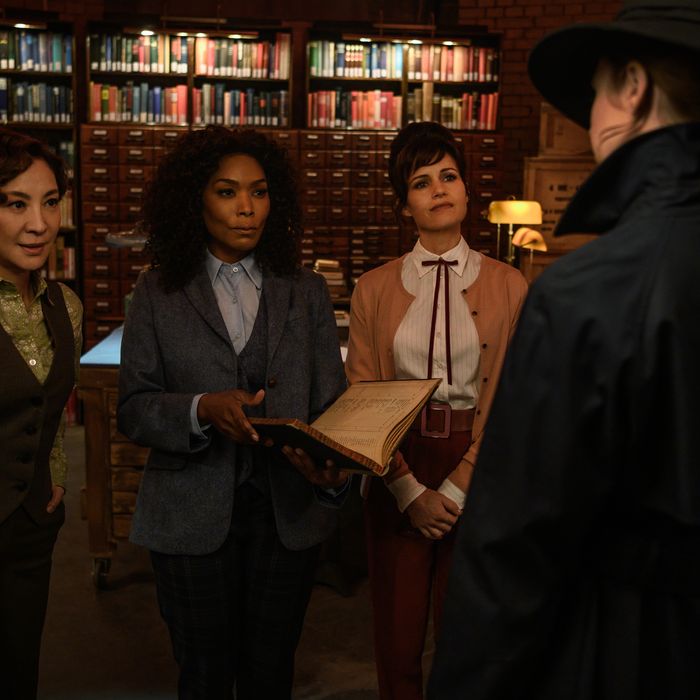
“Gunpowder Milkshake” is a 2021 action-thriller directed by Navot Papushado and stars Karen Gillan, Lena Headey, Carla Gugino, Paul Giamatti, Angela Bassett, Michelle Yeoh and Chloe Coleman. Rated R for strong bloody violence throughout and language, the runtime is 1 hour, 55 minutes. The film began streaming on Netflix July 14. Lynn’s Grade: C-.

